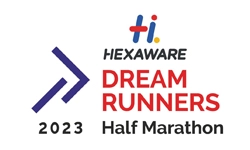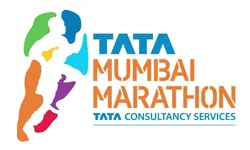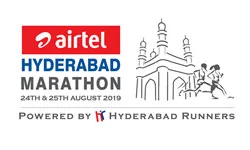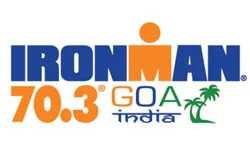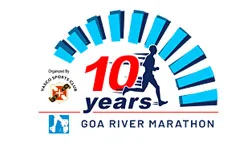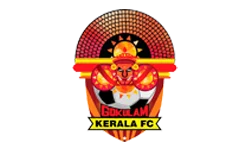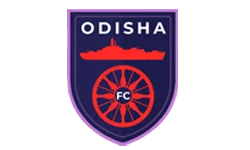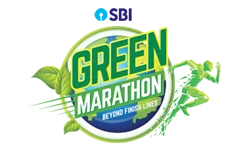We all know the classic hangover symptoms: headache, nausea, and fatigue. But what if there was another culprit lurking behind these unpleasant effects? The answer: dehydration. Alcohol consumption, often enjoyed at social gatherings, can surprisingly lead to dehydration, impacting your body and overall well-being (1).
This blog delves into the relationship between alcohol consumption and dehydration. We'll explore the mechanisms at play (dehydration of alcohol mechanism) and equip you with the knowledge to make informed choices about your drinking habits.
Stay tuned as we unlock the dehydrating truth behind that seemingly harmless drink.
Does alcohol cause dehydration? How?
With less vasopressin, your kidneys go into overdrive, flushing out fluids and electrolytes through increased urination. This leads to a net loss of fluids in your body, causing dehydration.
â— Sweating: Alcohol consumption can also cause your body temperature to rise slightly, triggering sweating as a mechanism to cool down. While this might feel refreshing initially, it contributes further to fluid loss and dehydration.
The Dehydration Domino Effect
Dehydration after alcohol isn't just about feeling thirsty. It impacts your body in various ways:
â— Headaches: Dehydration can lead to headaches, a common complaint after a night of heavy drinking.
â— Fatigue: When your body is dehydrated, it struggles to function at its optimal level, leading to fatigue and tiredness.
â— Impaired Cognitive Function: Dehydration can affect your concentration, memory, and overall cognitive performance.
â— Digestive Issues: Dehydration can contribute to constipation and other digestive problems.
By understanding how alcohol causes dehydration and its effects on the body, you can make informed choices about your drinking habits and prioritize staying hydrated throughout any social gathering.
Dehydration caused by alcohol consumption (dehydration of alcohol/ alcohol-induced dehydration) is an often-overlooked aspect of enjoying a drink. While the initial effects might not be as noticeable as a hangover, dehydration can significantly impact your overall well-being and recovery.
How to dehydrate body after alcohol? Drinking plenty of water after consuming alcohol and throughout the following day can help alleviate these unpleasant effects.
Alcohol and water (dehydration of alcohol is an example of this) have opposing effects on your body.
The consequences of a night of heavy drinking can hit you hard the next morning. Headaches, fatigue, and a general feeling of being "out of sorts" are all too familiar. But a major culprit behind these unpleasant effects is often overlooked: dehydration after alcohol consumption.
While alcohol might initially make you feel warm and flushed, it actually acts as a diuretic – a substance that increases urination. This disrupts your body's natural water balance, leading to dehydration. Here's where rehydration becomes crucial for a smoother recovery.
Dehydration caused by alcohol (hydration of alcohol) doesn't always announce itself with a blaring thirst signal. Here are some key symptoms to watch out for:
â— Headache: Dehydration can lead to throbbing headaches, a common complaint after a night of drinking.
â— Fatigue and Dizziness: Feeling sluggish, tired, or lightheaded can be signs of dehydration.
â— Dry Mouth and Lips: When your body lacks fluids, your mouth and lips can become dry and parched.
â— Reduced Urination: One of the most reliable indicators of hydration status is urine output. If you notice a decrease in urination or if your urine appears dark yellow, it's a sign you need to rehydrate.
Alcohol and dehydration go hand-in-hand. Prioritize water throughout your night for a smoother experience and faster recovery. Water is your ultimate party buddy - cheers to a hydrated you!
To fix dehydration in the morning, drink plenty of water to rehydrate your body. Avoid alcohol, as it can worsen dehydration.
2. How do you deal with dehydration after drinking alcohol?
To deal with dehydration after drinking alcohol, rehydrate your body by drinking water and electrolyte-rich fluids to counteract the dehydration effects of alcohol.
3. How do you balance alcohol intake?
To balance alcohol intake, practice moderation by setting limits on the amount consumed. Alternate alcoholic drinks with water to stay hydrated and avoid excessive drinking, which can lead to dehydration and other health issues.
4. Is it good to drink water the morning after drinking alcohol?
Yes, it's beneficial to drink water the morning after drinking alcohol to rehydrate your body an alleviate dehydration caused by alcohol consumption.
5. What is the best thing to drink the morning after drinking?
The best thing to drink the morning after drinking is water, as it helps rehydrate your body and alleviate dehydration caused by alcohol consumption. Additionally, electrolyte-rich beverages such as sports drinks or coconut water can also help replenish lost electrolytes.
6. How much water should I drink after alcohol?
After drinking alcohol, it's essential to drink plenty of water to rehydrate your body. Aim to drink at least 8 ounces of water for every alcoholic drink consumed to counteract the dehydrating effects of alcohol (3).
